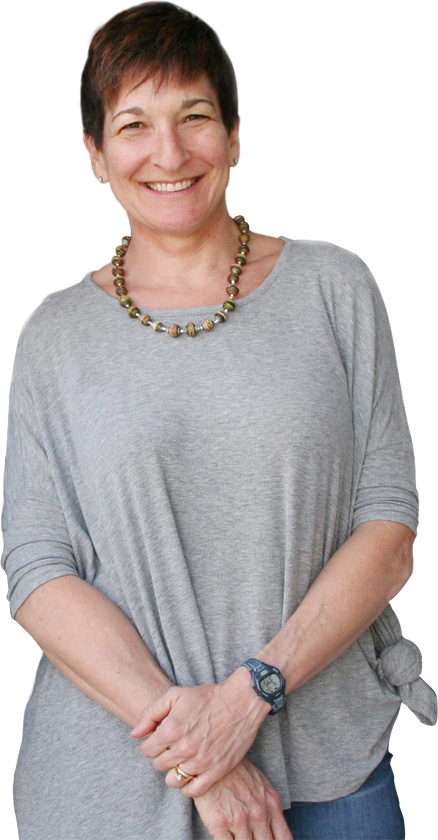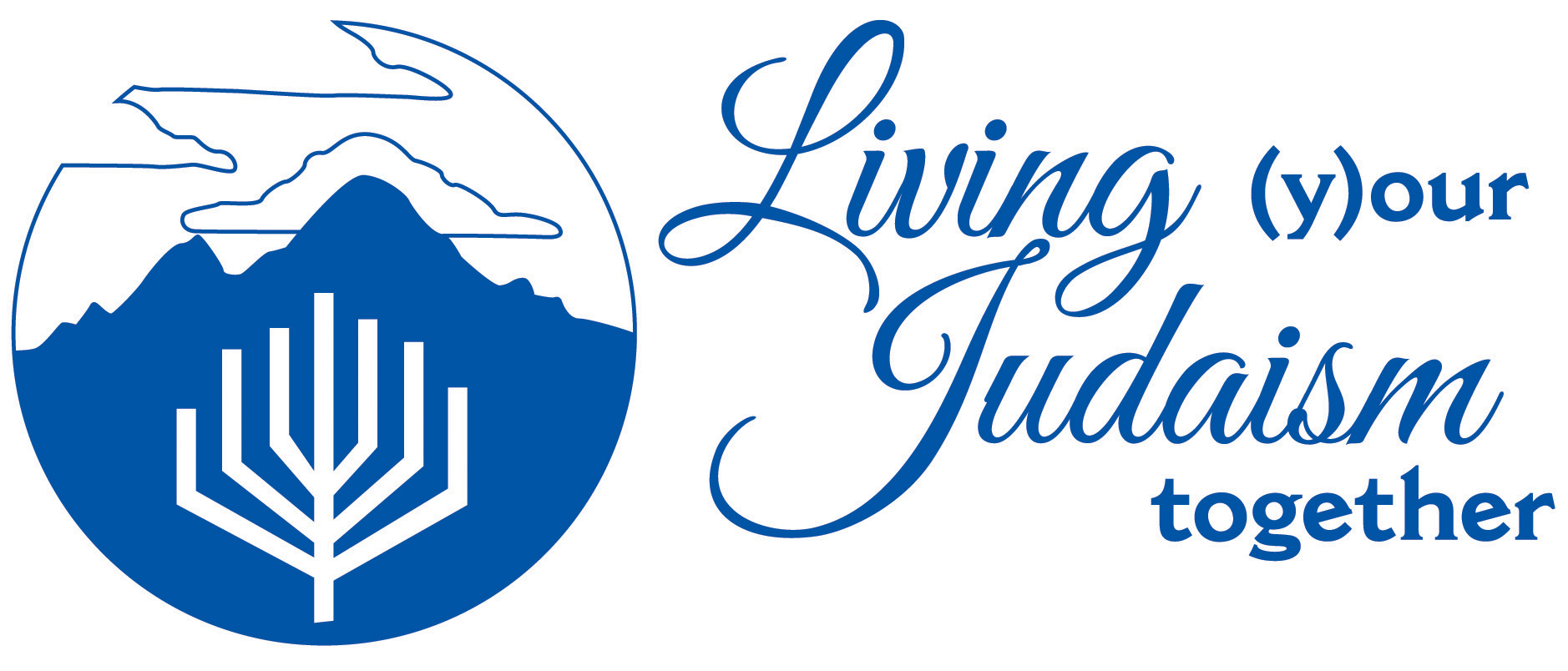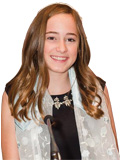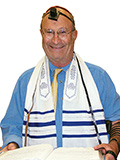Living (Y)Our Judaism Together: Stephanie Roberts

 I'm Stephanie Roberts and this is how I live my Judaism…
I'm Stephanie Roberts and this is how I live my Judaism…
How do I live my Judaism?
I show up: I am fully engaged in the activities, events and volunteer opportunities that make a difference for me and/or for my congregation.
Here is an excerpt from the journal I kept while saying Kaddish* for my mother:
October 17, 2012:
…and so ended Shloshim. My father is now free to not attend Minyan every day, and he will go back to his usual once a week schedule. Honestly, I was looking forward to this: It’s all on me now. How will the rest of the year go? Will I get tired of making the accommodations? Will I be resentful or get frustrated? What about my husband, Spencer? What else will this bring up? Will I feel my mother when I need to? Will going to services bring me closer to CAI? I now love the woman who attends Minyan every day, the one with the bright red hair, Ziva. And Jerry and Art and John, Patty, Arnie, Dennis, Morris, Moshe, Bea, and…
I made it to Mincha tonight, but was late. Rabbi Eisen is talking about some of the rules around Yahrzeit. If more than one person is there for Yahrzeit, who gets to daven? There are rules, and it’s spelled out in the Torah whose Yahrzeit is more important. I’m smug as I think, “Of course, a parent trumps all.” Then he moves on to saying Kaddish. Why say it? It’s not about death or mourning – it never even mentions anything but the glory and greatness of God. And then the part that God created us to be part of this world, God’s world, and when someone dies it diminishes God’s creation. Then Rabbi says, “So, we say Kaddish because God is sad and we want to make God feel better.” My eyes immediately tear up and overflow. Only Rabbi sees this. He takes it in silently and is just “there” with me.
That night, Stuart and Michael Mendel are in attendance saying Kaddish for their father. I tell them I am sorry for their loss. A week or so later, Rabbi Ben Herman adds my mother to the el malei. Stuart is there again and inquires as to who she is. I tell him and he says he is sorry for my loss. This is how community is built when your kids are too old for play dates and carpools.
So then what?
Four and a half years later, my father still goes to Minyan almost every day. I think initially it was to make sure there was a Minyan for me and then it became part of his day, part of his community. How did the rest of my year go? Well, it was hard but I said Kaddish every day. There wasn’t always a Minyan and sometimes when I traveled I wasn’t counted…but I showed up. I never got tired of going; it was just what I was supposed to do. Spencer mourned my mother in his own way, but honored her by supporting me in going to services every day; not once did he challenge my commitment or suggest I blow it off.
Did it bring me closer to CAI, to my synagogue, to my fellow congregants, to God? Yes. Suddenly, beyond raising my children, being a part of making sure this place thrives and flourishes became very important to me. Dennis Dawson and Arnie Merin taught me how to daven and eventually I was able to do the repetition of the Amidah. Madeline Friedman asked me to be on the Board of Trustees, and Richard Fink took me under his wing. Ron Gray asked me to hold the Torah while Nichole Chorny chanted the Prayer for the New Month … then Ron told me I was the first woman to do that at CAI. I learned to do Hagbah. Little do people know how good I am at Gelilah! And now, I begin my two-year term as President of the Board of Trustees.
This is a bit of my story about how I am living my Judaism together with you, my Kehilah.
What’s your story?
|
Kaddish: Specifically the Mourner’s Kaddish, a prayer said as part of the mourning rituals in Judaism. One says the Mourner’s Kaddish for 30 days for a sibling, spouse or child; 11 months for a parent. |
|
If you would like to speak with Rabbi Metz about Judaism, the synagogue or you have other questions, e-mail her at RabbiMetz@caiaz.org. |




